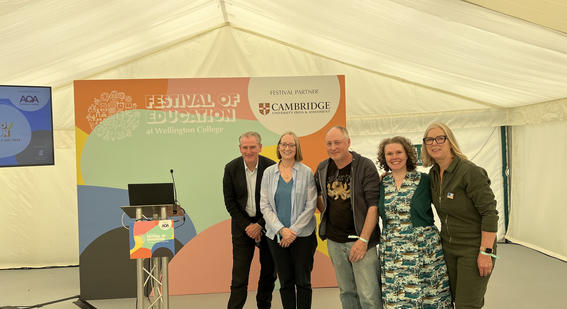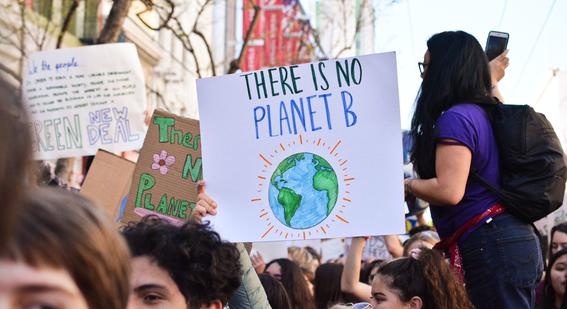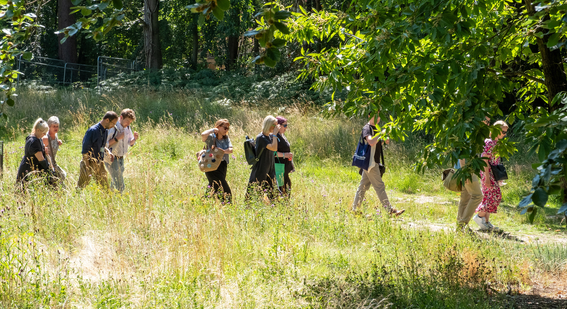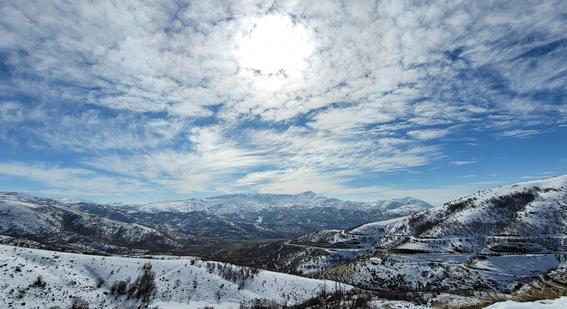Environment
We support our suppliers to share our ambitions for a net zero supply chain and promote our environmental ambitions to our customers and partners around the world.

Our innovative products and services for learners, authors and customers are based on world-class research and are relevant, exciting and inspiring.
We unlock the potential of millions of people worldwide. Our assessments, publications and research spread knowledge, spark enquiry and aid understanding around the world.
was added to your bag.
Please try again.
Sorry, this item cannot be purchased in the same transaction as the existing items in your bag.
Please complete the purchase of the items currently in your bag and then add this item in a separate transaction or visit Shopping Help.
Sorry, this product is not currently available to buy online. Please visit Shopping Help.
More
More
More
More
More
More
More
More
More
More
More

We recognise the climate emergency and have a responsibility to minimise our impact on the environment as we advance solutions through education, publishing and research.
We support our suppliers to share our ambitions for a net zero supply chain and promote our environmental ambitions to our customers and partners around the world.
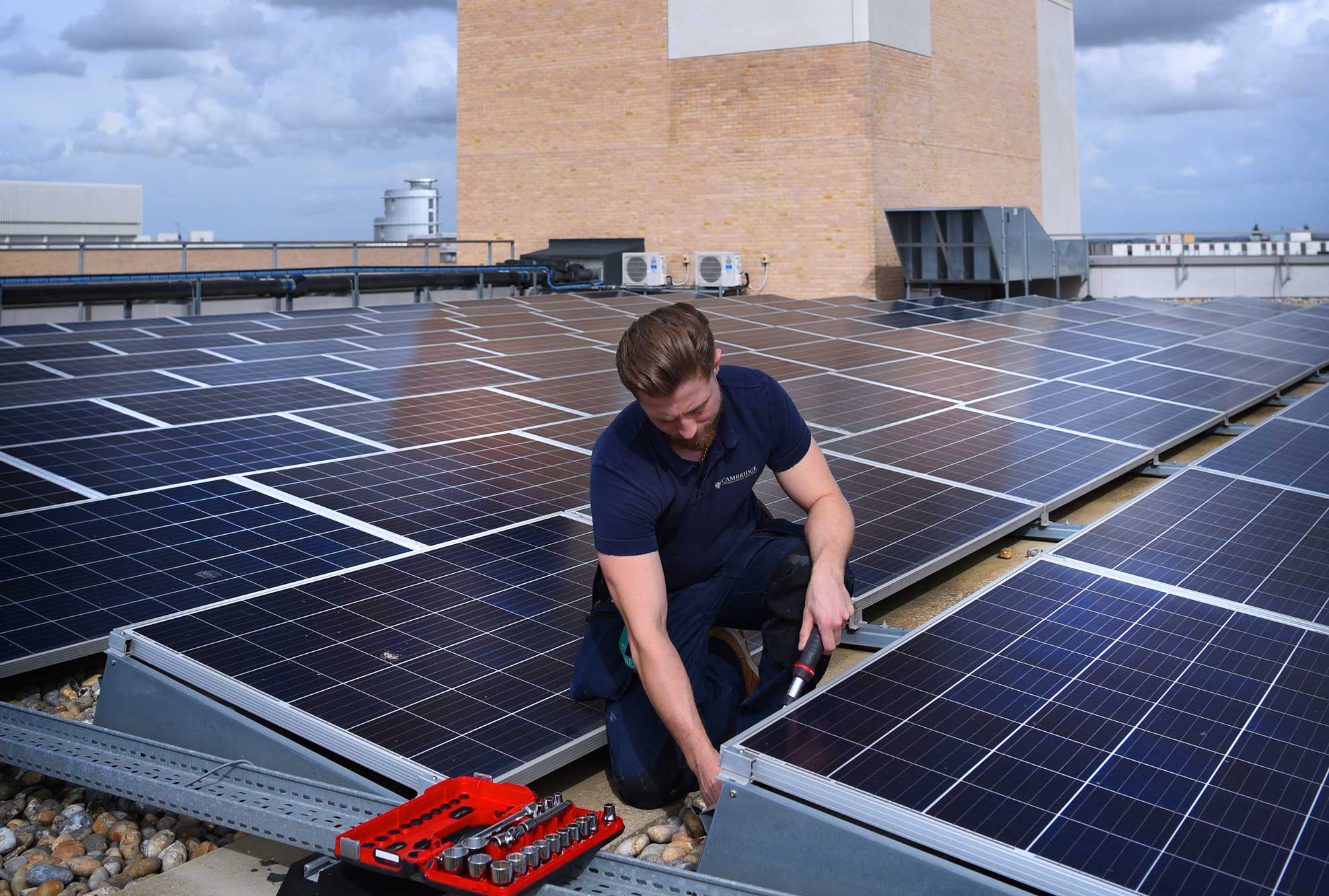
We are committed to being carbon zero on all energy-related emissions by 2048, with a 72 per cent reduction by 2030.
We have set targets for our UK electricity, gas and fleet emissions and our approach to reducing our energy use and carbon emissions includes switching to greener heating and cooling systems, using more renewable energy sources, using our sites efficiently and actively encouraging our team to adopt energy-efficient practices.
We have reduced our energy-related carbon emissions by 35% since 2019.
Read about our progress in our carbon report 2023-24.
Reducing indirect carbon emissions
We are developing targets for reducing indirect emissions from the paper we use, the ways in which we print, how we transport our products and our use of technology.
Our approach includes increasing our use of digital products and making the switch from paper where feasible, using digital technology and hardware more responsibly and cutting down on the distance that our products have to travel across the globe.
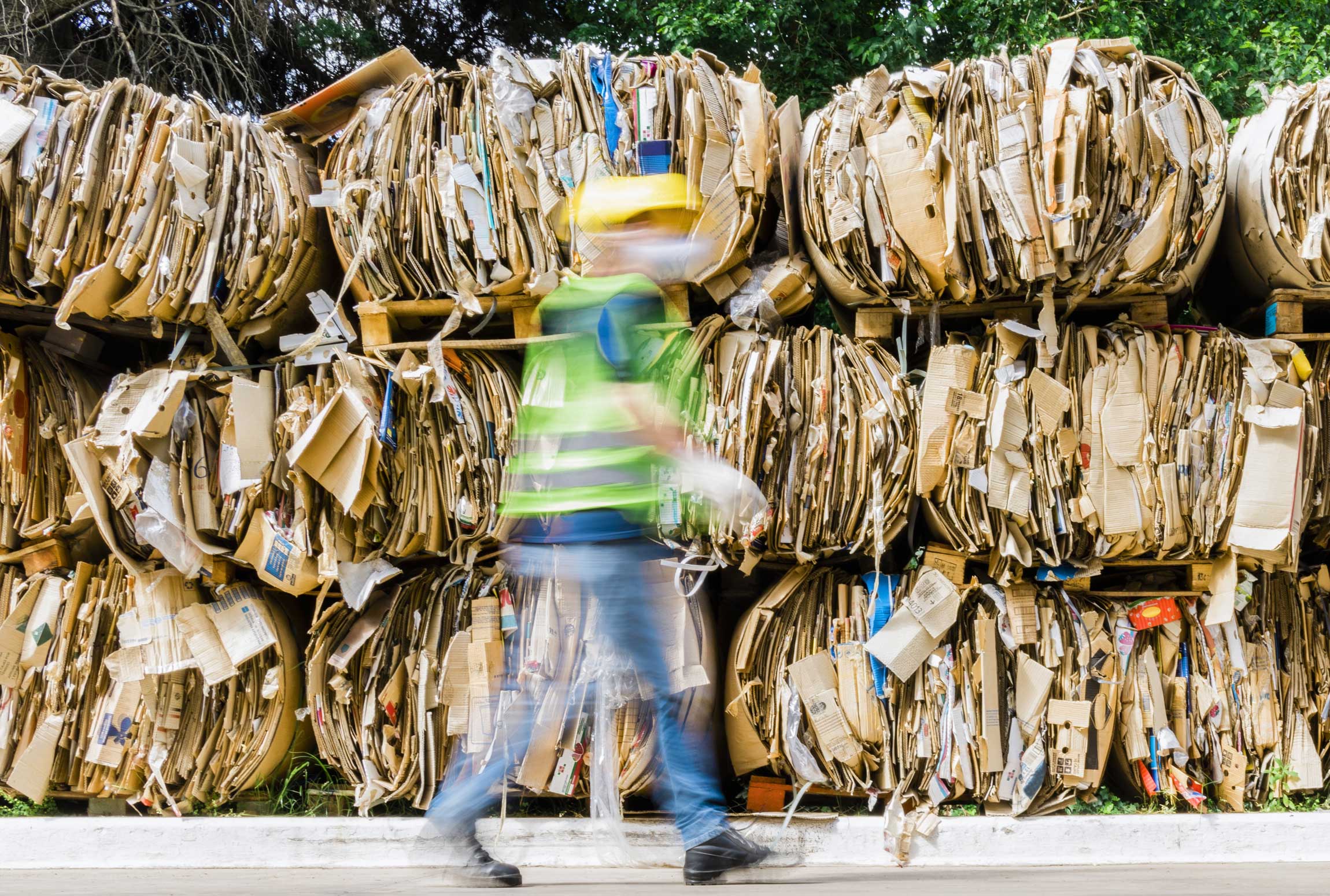
We are reducing our use of paper and plastic. We have already switched some of our packaging to paper and reduced the amount of plastic used in our secure packaging while we seek alternatives.
Our main waste contractor for our Cambridge sites sends nothing to landfill, processing recycling and food waste sustainably and using any other waste to generate greener energy.
Discover more about waste and resource reduction projects within Academic publishing
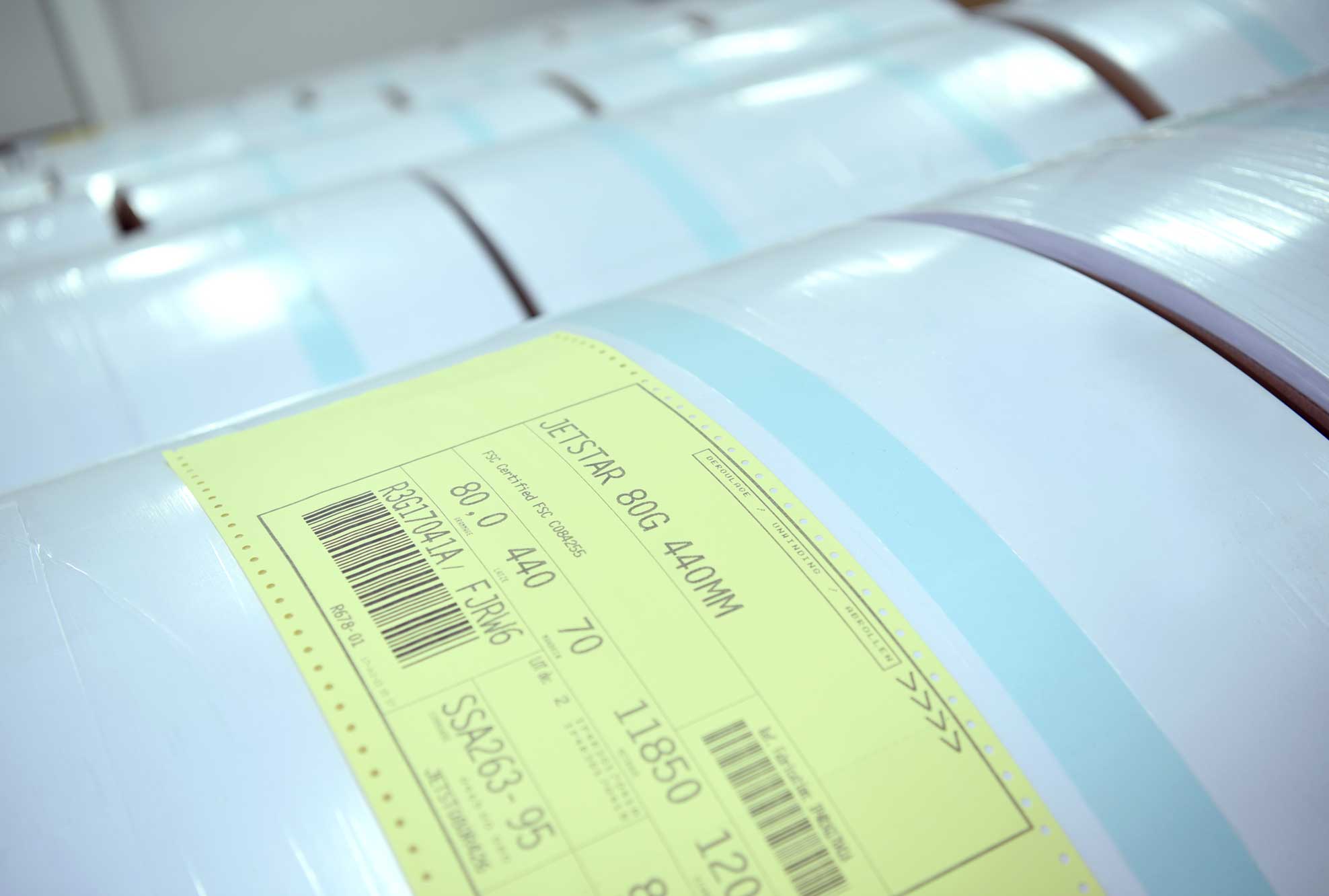
As a publisher and assessment group, we are reliant on paper and recognise the impact that this has on global deforestation and biodiversity. We aim for 99 per cent of our paper to come from certifiable sustainable sources by 2025.
Read more about sustainable paper sourcing in our deforestation policy

We are working closely with our suppliers and partners to understand the impact of our supply chain and to take action for change.
By working with Ecovadis, an independent sustainability assessment service, we are increasing the transparency of the impacts we have on people and planet beyond our direct operations.
We are also working with the Book Chain Project to capture detailed information about the environmental impact of our supply chain and identify areas for improvement.
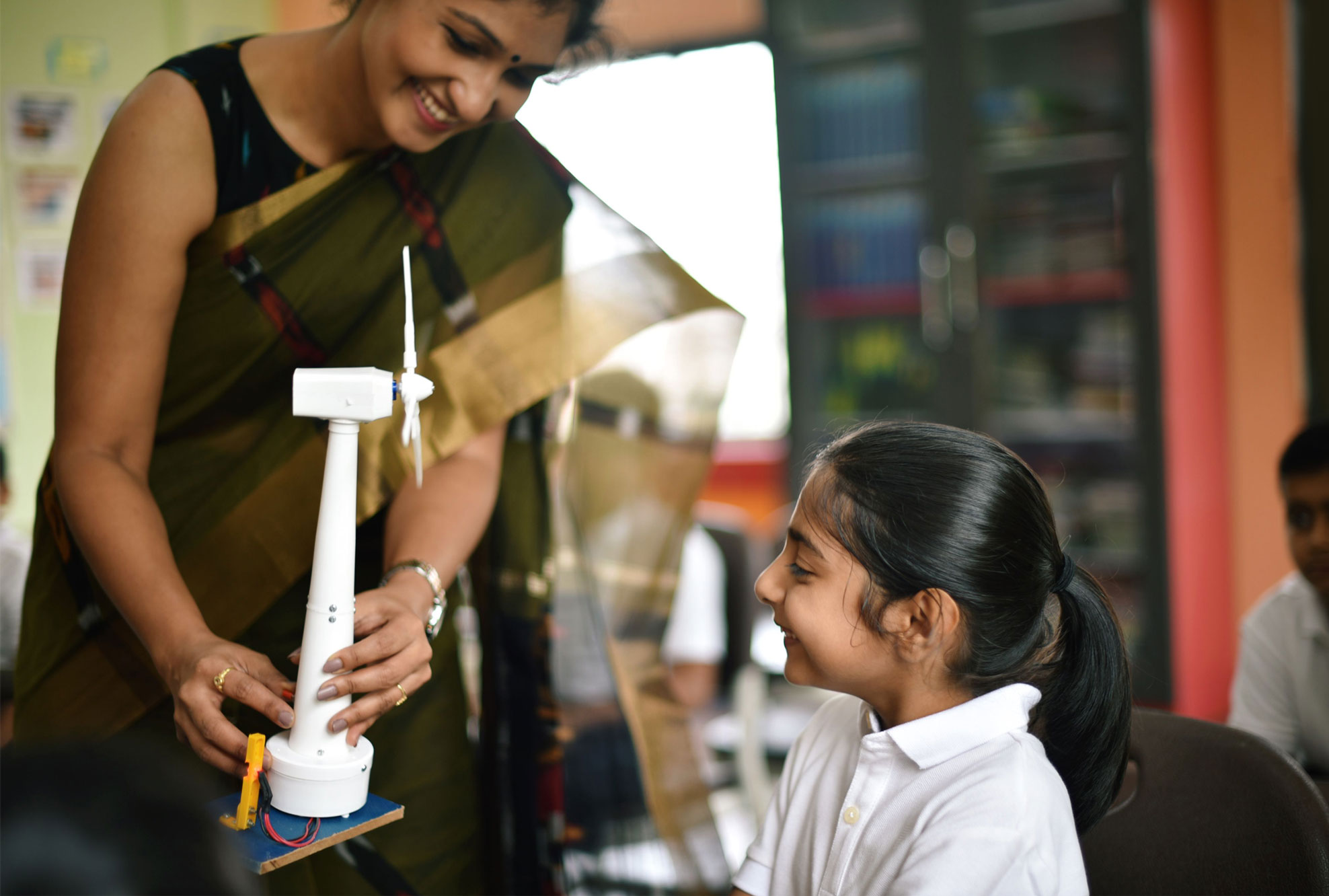
Empowering our learners and increasing the sustainability of our organisation starts with empowering our people to think and act for a sustainable future.
We are helping all our people to become carbon and climate literate and set a personal action plan for change by working in partnership with the Carbon Literacy Project to become a Silver Carbon Literate Organisation by the end of 2027.
© 2025 Cambridge University Press & Assessment
Your email has been verified. You are now able to request access to teacher restricted resources. If you are a teacher, simply complete the teacher resource request form, and wait for your request to be validated.
